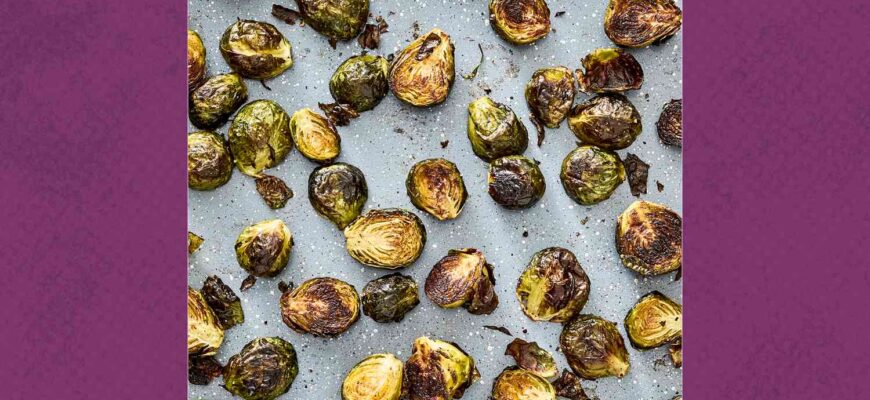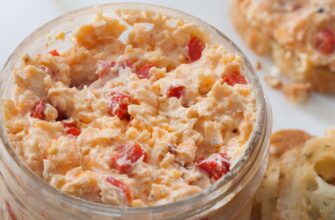Close
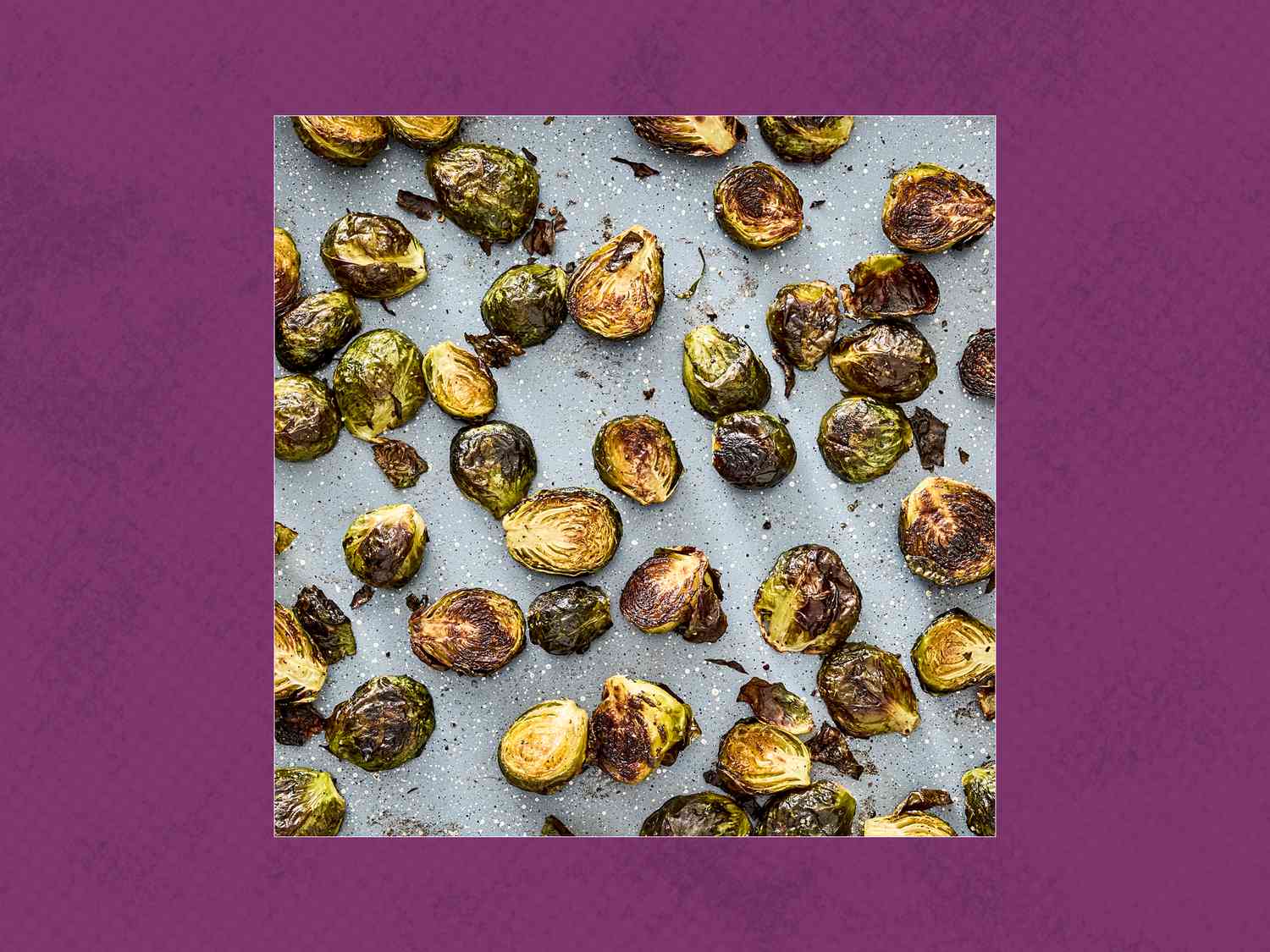
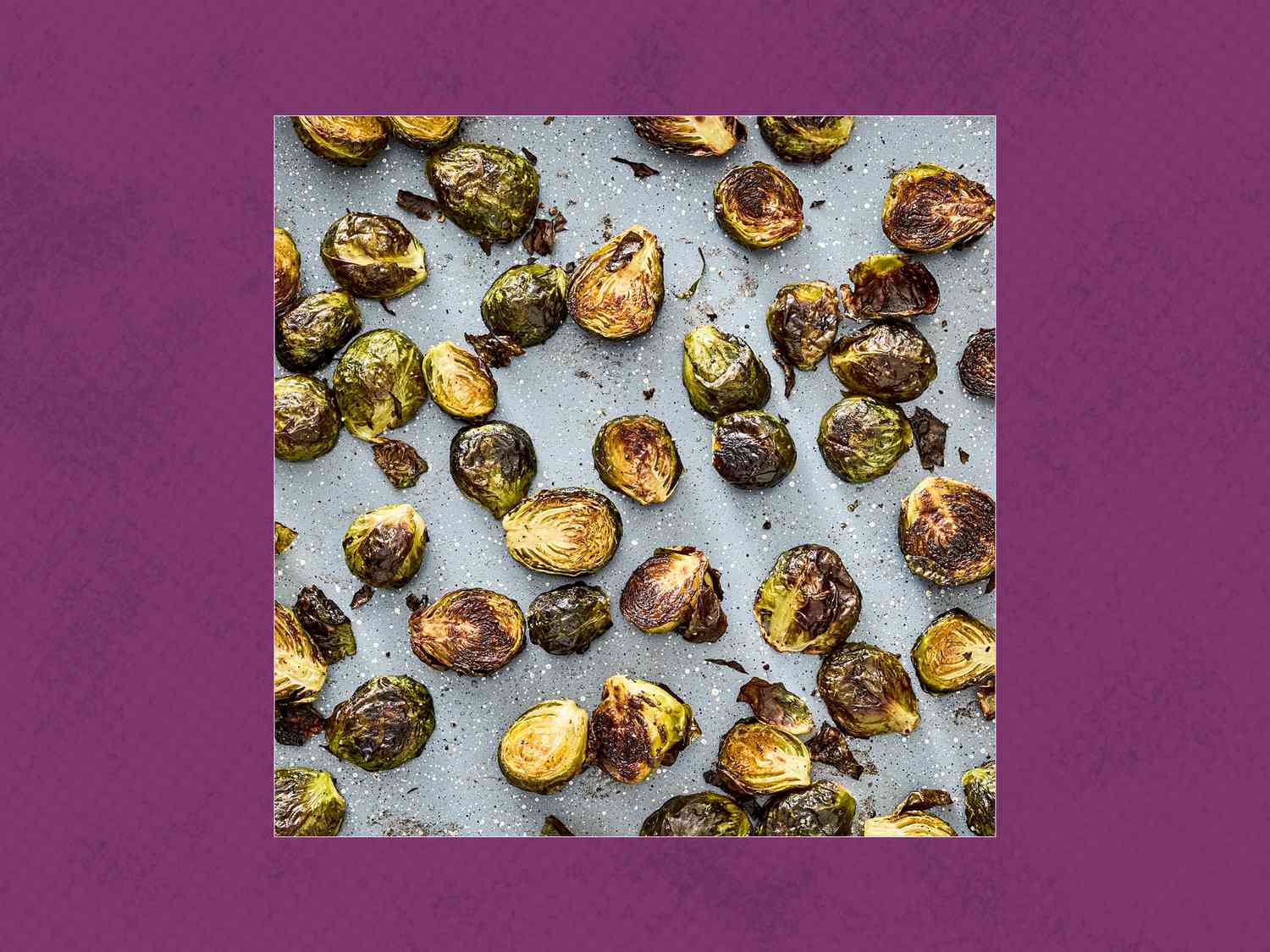
Photo:
Allrecipes / Morgan Glaze
Brussels sprouts are having a bit of a culinary resurgence. Once appropriately shunned for their bitter flavor and, shall we say, gaseous odors, they are now the trendy superstar of fine dining restaurants and hipster brewpubs alike.
Seriously, some chefs are doing amazing things with Brussels sprouts—think deep-fried leaves glazed in maple-bourbon sauce or roasted sprouts piled high on pizza with crispy bacon. But, if you are of a certain age (like me), you probably remember being forced to choke down mushy, sulfur-smelling sprouts as a kid.
So why does it seem like in recent years this brassica is everywhere? As it turns out, there’s a very practical reason: they taste better today than they did 30 years ago. That’s because scientists figured out the compound that gave Brussels sprouts their distinctive bitter flavor. Over the last couple of decades, sprouts were crossbred with better-tasting and higher-yielding varieties, giving us today’s nutty and slightly sweet sprout.
“By the time the 2010s rolled around, there were lots of Brussels sprouts and they didn’t taste bitter anymore, and suddenly they are incredibly palatable and thus really good on restaurant menus,” explained @rantsandrocks in a viral TikTok video. “Genetic modification isn’t a dirty word, it’s how we make tasty vegetables today.”
Some commenters were blown away to learn that sprouts have actually changed over the years. “Not me with my jaw hitting the floor. I thought my taste buds just matured,” one user shared.
Another commenter was also impressed, writing: “Shut the front door!!! So you're telling me that I should actually try them now that I'm in my 30s after being scared [sic] by them in the '90s???”
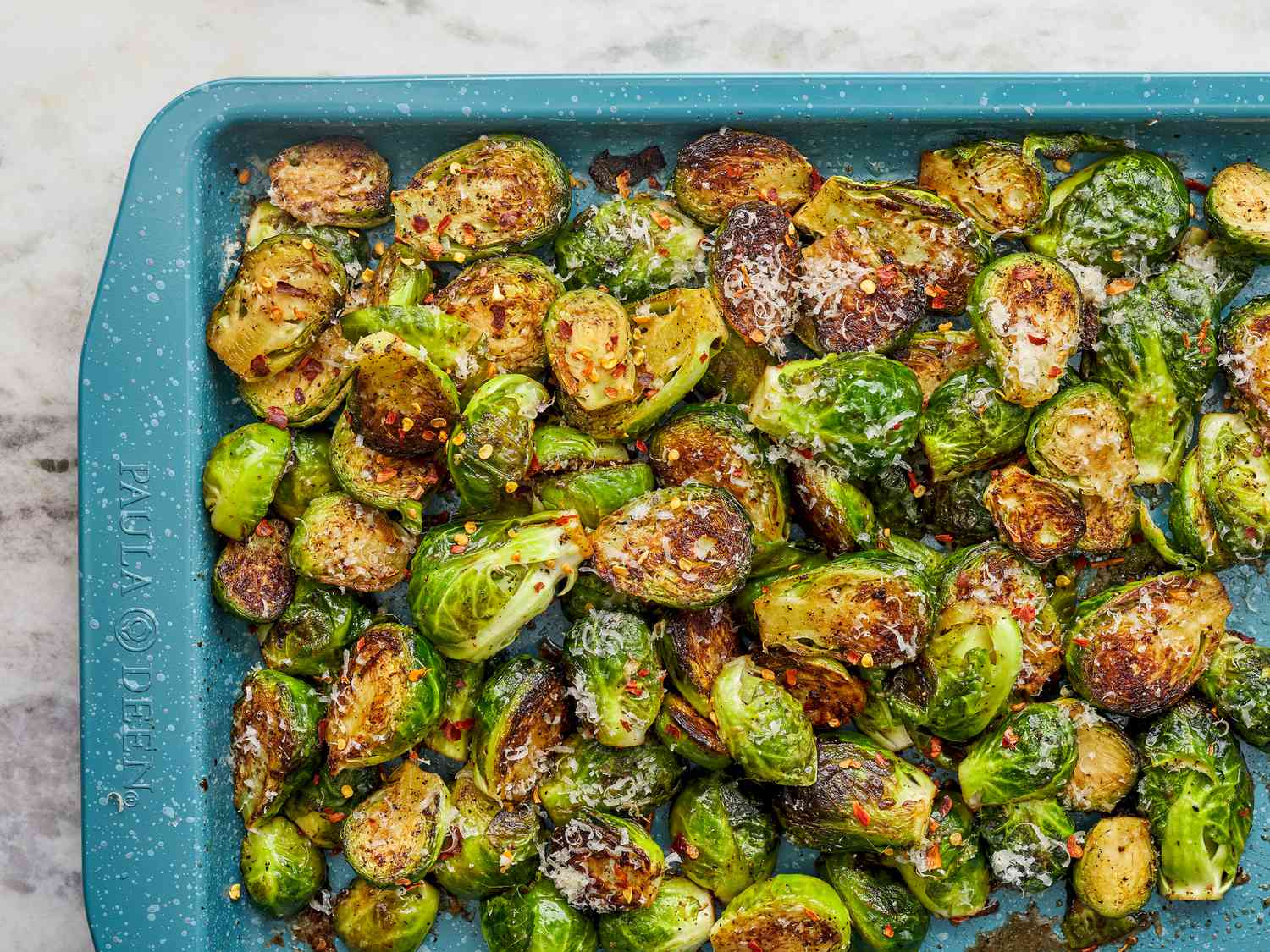
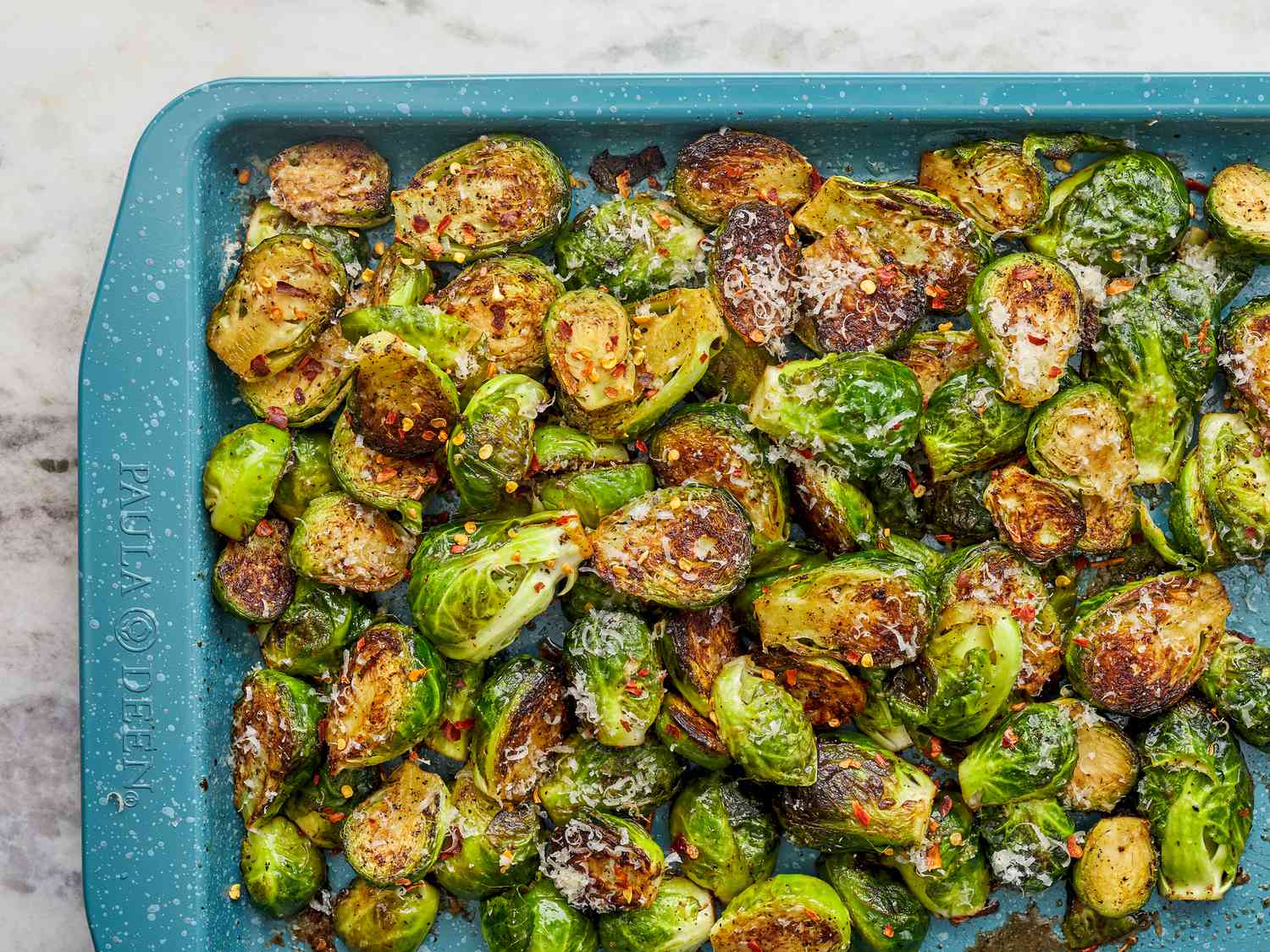
Dotdash Meredith Food Studios
The Science Behind Better Brussels Sprouts
“Brussels sprouts today are indeed not the bitter and soggy vegetable that we all dreaded as youngsters,” explained Mark Munger, senior director of marketing at Ocean Mist Farms, a 100-year-old legacy farm in Castroville, CA. “Around 25 years ago, food scientists identified that compounds in Brussels sprouts called glucosinolates caused the bitter flavor that gave this magnificent vegetable such a bad name. With this information in hand, seed companies began breeding varieties with less glucosinolates, which lowered the bitterness and increased sweetness.”
That may explain why you hated sprouts if you grew up in the '80s or early '90s (or even before then). But if you swore them off as a kid, they are certainly worth trying again now that they have been bred to taste less bitter.
“The result has been significantly better tasting Brussels sprouts,” Munger said. “Plant breeders continue to develop new and even more improved varieties, so the future of Brussels sprouts is looking fantastic.”
Growers are even altering growing techniques to produce better-tasting sprouts. “We’ve actually adjusted our harvesting schedule and timeline to start harvesting in October,” said Eli Cook, owner of Spring Valley Farm and Orchard, found at FRESHFARM Markets. “In our experience, the first big frost of the year does eliminate some of that bitterness in flavor.”
As a result of better-tasting sprouts, consumers are actually buying more of these tiny brassicas in recent years. According to the United States Department of Agriculture, consumption of Brussels sprouts increased substantially in the 2010s, from .33 pounds per capita in 2011 to .78 pounds in 2019. In The Packer’s 2023 Fresh Trends survey, 17 percent of all consumers polled said they had purchased Brussels sprouts in the past year.
"We've seen the crops grow in popularity year over year for the past ten or so years, not only because of any changes in the taste profile, but also due to their prominence on restaurant menus over the years," Cook explained.
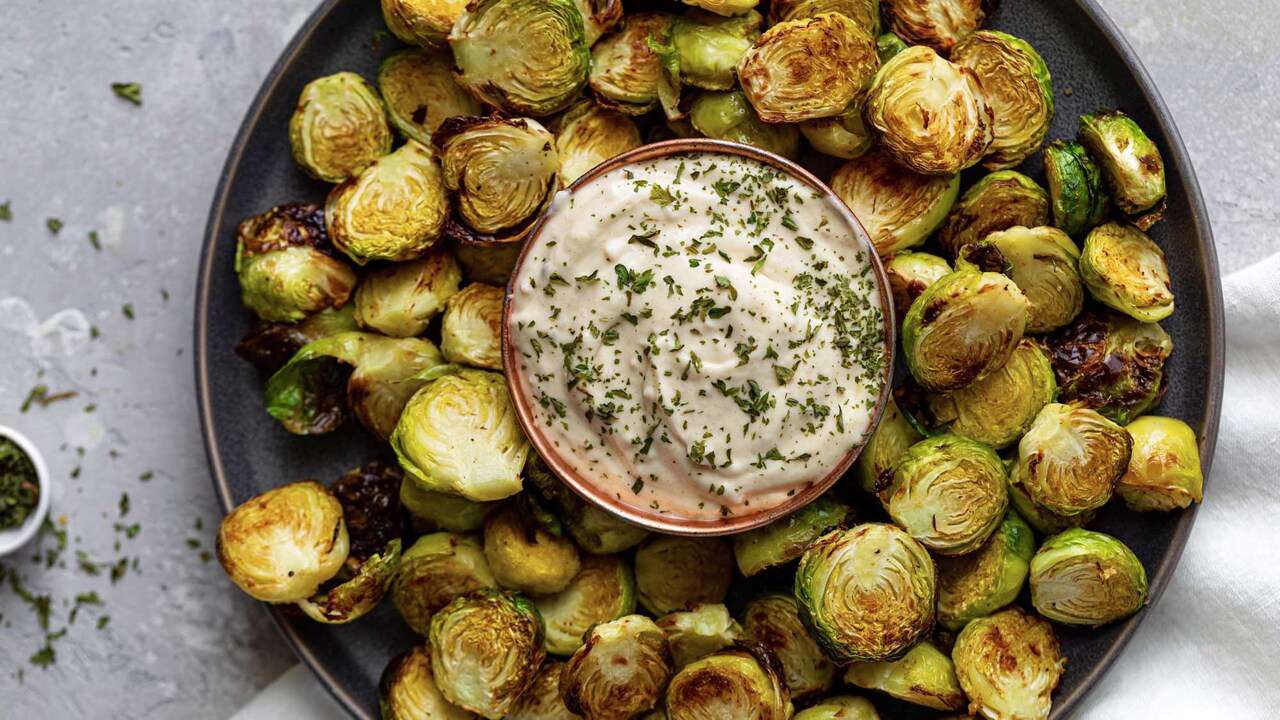
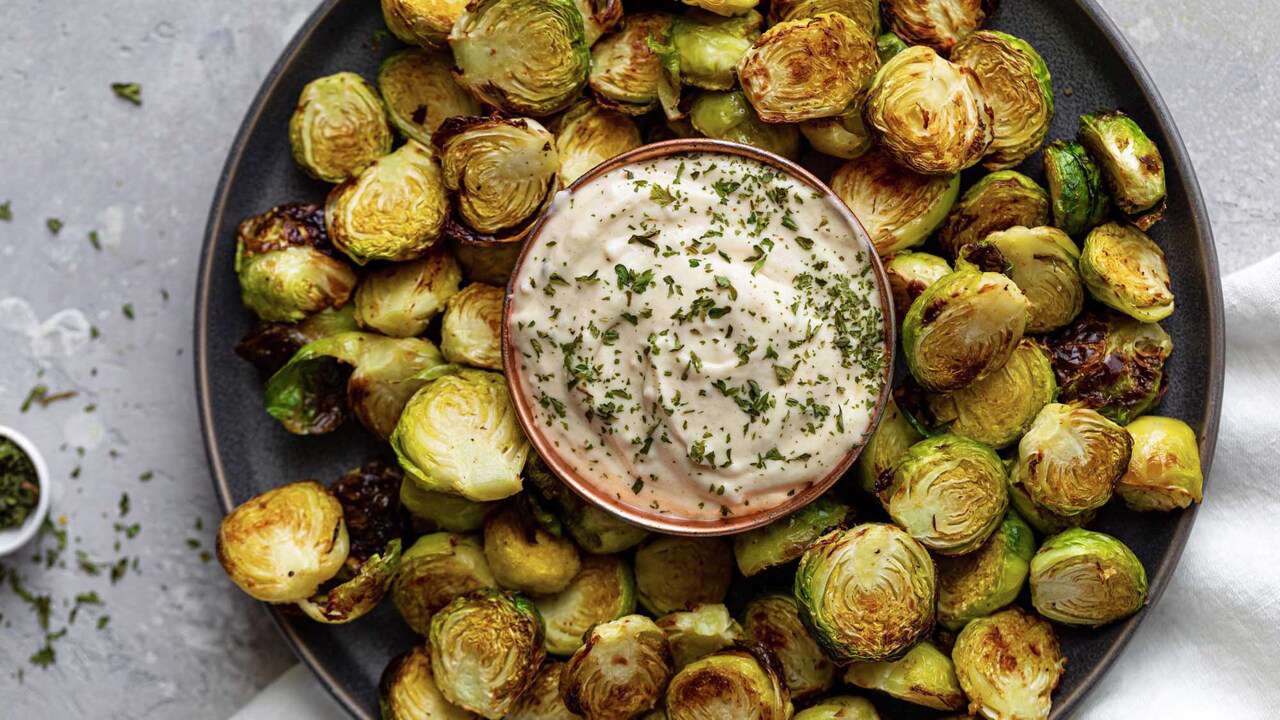
How to Make Brussels Sprouts Taste Great
There is actual science at play for why your mom’s microwaved frozen Brussels sprouts tasted so horrible when you were a kid—and yes, the microwave likely played a part in your distaste for the vegetable.
When boiled or steamed, the naturally occurring bitter chemicals break down into sulfurous compounds, creating the distinctively off-putting, unpleasant flavor and smell. Instead, Brussels sprouts taste best when crispy. For the best eating experience, try roasting, pan-frying, or deep-frying, which concentrates and caramelizes the natural sugars for a deliciously pleasant nutty flavor and crisp texture.
Some chefs swear by actually blanching the sprouts first in boiling salted water to ensure even cooking and to preserve the vibrant green color. Of course, boil them too long and they’ll become mushy and unpleasant.
Salt, smoke, and fat all complement the flavor of Brussels sprouts. That is likely why bacon and sprouts are about as perfect a pairing as peanut butter and jelly. You can also try shaving some parmesan cheese over roasted sprouts for a salty, umami-packed burst of flavor or topping pizza with crispy sprout leaves, caramelized onions, and pancetta for that sweet and salty combo.
When shopping for the vegetable, look for uniform-sized sprouts with tightly packed leaves, a vibrant green color, and few blemishes. They should also feel firm and slightly heavy for their size. If the stem end is dark-brown and dry, they are likely old and won’t taste as fresh. Also, avoid any with mold on the stem end.
If you haven’t tried Brussels sprouts since the ’90s, you should absolutely give this popular vegetable a second chance. You may just fall in love with them like so many chefs have in the last several years.
Was this page helpful?
Thanks for your feedback!
Tell us why!
Other
Submit
